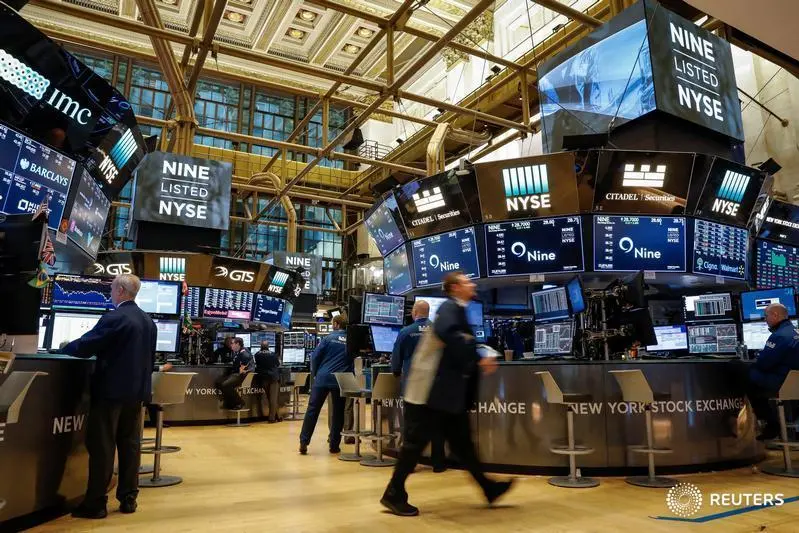PHOTO
NEW YORK - It’s easy to count the companies that are wading into media mergers, but it’s more enlightening to watch those that aren’t. Among the various big deals – including AT&T’s T.N now-legal $85 billion purchase of Time Warner – Netflix, Amazon and Facebook are nowhere to be found.
A court decision that mobile operator AT&T can absorb the owner of “Game of Thrones” broadcaster HBO may be the catalyst for other deals, starting with a bidding war over Twenty-First Century Fox's entertainment and international assets. Walt Disney agreed last year to buy parts of Fox for $52.4 billion, but Comcast may now offer more. Viacom and CBS's mutual controlling shareholder wants to crunch them together too.
Each deal has its fig leaf of logic. AT&T wants to give its customers video that’s more “affordable, mobile and innovative." Disney, late to video streaming, wants to bulk up its library of TV shows and movies. Adding Fox will help. Comcast, which failed to acquire Disney more than a decade ago, doesn’t want to see its nemesis grow larger. That cable group already bought NBC Universal in 2011; the new ruling effectively gives it a pass to swallow more programming assets.
But is scale for scale’s sake the answer to fighting the FAANGs, as the assembly of Facebook, Amazon, Apple, Netflix and Alphabet unit Google is known Rupert Murdoch, the controlling shareholder of Fox, seems to think not. Four years ago, he failed to buy Time Warner. Now Murdoch has partly thrown in the towel – ditching entertainment but doubling down on news and sports.
As for the FAANGs themselves, their abstinence is noteworthy. Netflix was once considered a potential takeover target. With a $160 billion market value that has surpassed Disney, it’s now better suited to being an acquirer, yet has made hardly any meaningful acquisitions to date. It doesn’t need to: Netflix’s 125 million users mean even the Mouse House will have a hard time eclipsing it.
Facebook, Amazon and Apple may yet wade in. They have enough cash. The big difference is that their core businesses, unlike mobile telecoms, cable and content conglomerates, are healthy and young enough that they don’t need to seek growth elsewhere. If they decide to find partners, it needn’t be for the reason driving the sector’s other big mergers: a fear that customers might switch off.
On Twitter https://twitter.com/jennifersaba
CONTEXT NEWS
- Comcast is expected to submit a formal bid for Twenty-First Century Fox’s entertainment and international assets as early as June 13, according to CNBC. Walt Disney on Dec. 14 agreed to buy parts of Fox for $52.4 billion.
- AT&T won its case on June 12 against the Department of Justice, which sued to block the telecom firm’s $85 billion acquisition of Time Warner. AT&T said in a statement: “We look forward to closing the merger on or before June 20 so we can begin to give consumers video entertainment that is more affordable, mobile, and innovative."
- For previous columns by the author, Reuters customers can click on SABA/
- SIGN UP FOR BREAKINGVIEWS EMAIL ALERTS http://bit.ly/BVsubscribe
(Editing by John Foley and Martin Langfield) ((jennifer.saba@thomsonreuters.com; Reuters Messaging: jennifer.saba.thomsonreuters.com@reuters.net))





















